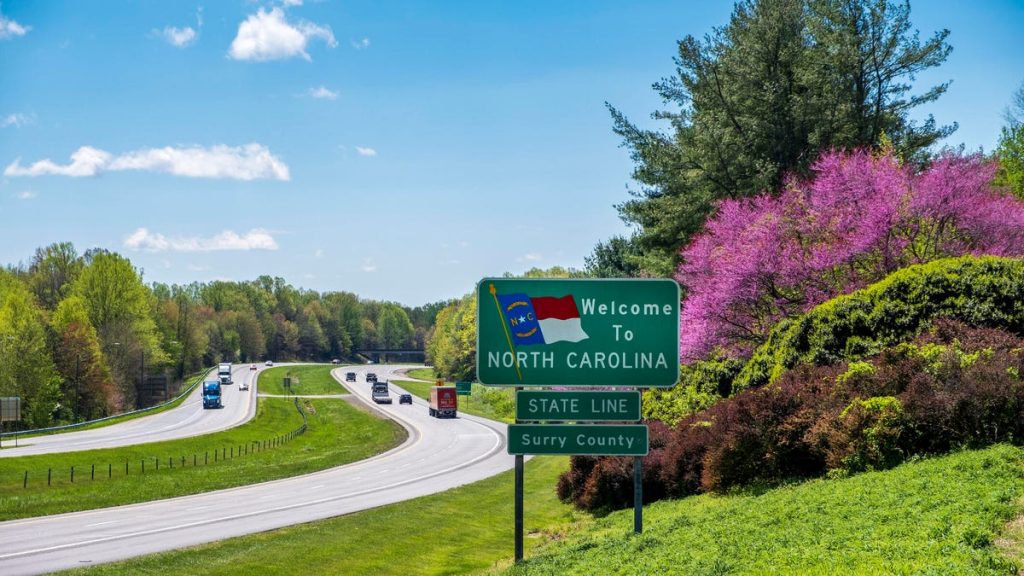CNET’s analysis of internet service providers in North Carolina has led them to name Spectrum as the best overall option, offering speeds as high as 8,000Mbps. While AT&T and Google Fiber are limited to specific areas like Charlotte and The Triangle, residents of North Carolina have access to various internet connection types. Spectrum stands out due to its wide availability throughout the state, fast speeds, and simple pricing. However, options may vary depending on your location, with some residents having to resort to satellite internet to stay connected.
North Carolina boasts impressive broadband coverage, with around 96% of residents having access to download speeds of 100Mbps and upload speeds of 20Mbps. The state ranks seventh in terms of fastest median download speeds, with Raleigh leading the pack at about 331Mbps. Five cities in North Carolina are among the top 30 in Ookla’s ranking of cities with the fastest internet speeds, showcasing the state’s emphasis on providing high-speed internet access. The prevalence of fiber internet from providers like AT&T and Google contributes to North Carolina’s reputation for fast and reliable internet connections.
To comprehensively cover the broadband options available in North Carolina, CNET has compiled lists of the best internet providers in various cities across the state. By considering factors such as internet connection types, maximum speeds, and pricing, residents can make informed decisions about their internet service provider. Pricing for internet services in North Carolina typically starts at around $50, with some providers offering discounts for existing customers or bundled services. The state also benefits from a $1.5 billion federal grant to expand high-speed internet access and address issues of unserved and underserved locations.
CNET’s selection process for determining the best internet providers in North Carolina involves researching pricing, availability, speed information, and customer satisfaction. By leveraging historical ISP data, provider websites, FCC mapping information, and customer satisfaction indices, CNET aims to recommend ISPs that offer reasonably fast speeds, good value for pricing, and positive customer experiences. Factors such as price increases, equipment fees, and contract terms are also taken into account when evaluating the best internet service options in North Carolina.
The future of broadband in North Carolina looks promising, with plans to expand internet access, improve digital literacy, and make services more affordable. The state’s Division of Broadband and Digital Equity will utilize funding to connect high-cost areas, unserved locations, and community anchor institutions with fiber access. Residents can expect further advancements in internet infrastructure and accessibility in the coming years. As North Carolina continues to prioritize broadband expansion, residents can look forward to enhanced connectivity and opportunities for digital inclusion.











